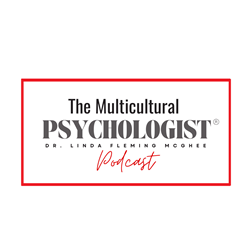Ethical Forensic Practice-(Some of) What You Need to Know Before Your First Referral
SPA E-Learning Center | 2024 SPA Convention
Abstract
Well-trained, well-informed forensic evaluators help ensure justice in a wide range of criminal, civil, and juvenile legal proceedings. The unique role we play in legal proceedings results in a different ethical picture than in other types of evaluations. Research has made clear that forensic evaluators routinely use assessment tools that do not have an adequate evidence base and the resulting reports are routinely admitted into evidence (Neal et al., 2019). Regardless of evidentiary challenges (or lack thereof), evaluators have a legal and ethical responsibility to select appropriate assessment tools and use them appropriately. Statutes and case law governing the admissibility of expert testimony will be reviewed, with a specific focus on providing a framework for selecting and implementing an assessment plan that is admissible under Federal Rule of Evidence 702 and case law. This workshop will also provide a review of the Specialty Guidelines for Forensic Psychology (APA, 2013) and their intersection with the American Psychological Association (APA)’s Ethical Principles of Psychologists and Code of Conduct (APA, 2017), the Principles of Forensic Mental Health Assessment (e.g., Heilbrun & LaDuke, 2015), Neal et al.’s (2022) Eight Best Practices to Improve Forensic Psychological Assessment, and APA guidelines for appropriately addressing sociocultural identities. The interconnected nature of these guidelines and best practices will be highlighted. Participants will learn how to use these guidelines to inform ethical forensic evaluations of people with a wide range of sociocultural identities, emphasizing personality assessment. Small group exercises will involve applying evidence law and the guidelines
Speaker
Amanda Fanniff | Palo Alto University
Goals & Objectives
- Participants will be able to list the key criteria governing whether expert testimony is admissible, based on Federal Rule of Evidence 702, Daubert v. Merrell Dow Pharmaceuticals, Inc. (1993), and Frye v. United States (1923).
- Participants will be able to apply the criteria governing expert testimony to commonly employed personality assessment measures.
- Participants will be able to identify at least three Guidelines from the Specialty Guidelines for Forensic Psychology that have particular relevance for employing personality assessment in forensic contexts.
- Participants will be able to identify at least two ways to incorporate APA Guidelines for practice with individuals with minoritized sociocultural identities in their forensic evaluations.

